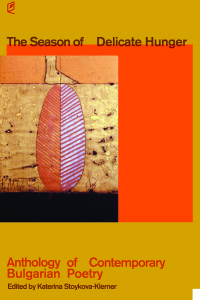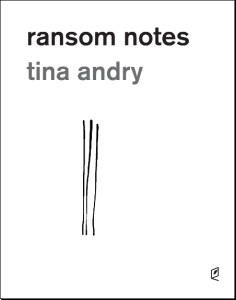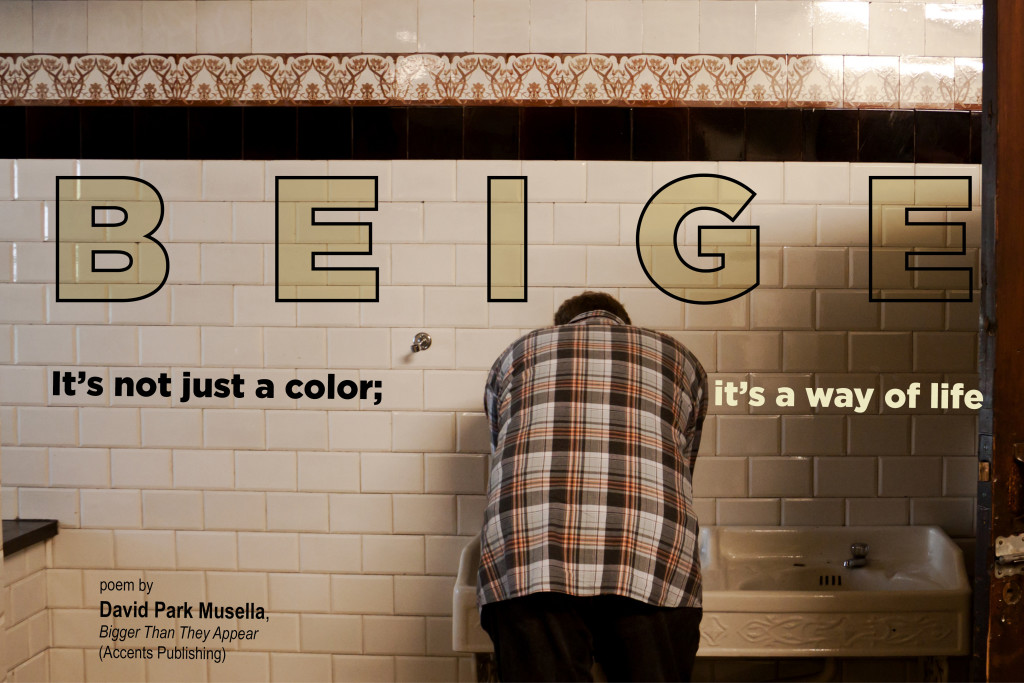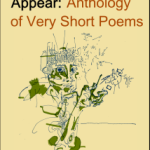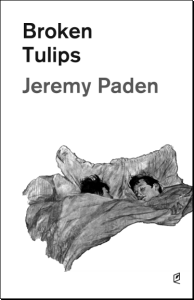Poet James Pfeiffer interviewed Curtis L. Crisler for Accents Publishing.
 There is a lot of alter-ego in this collection. The speaker invokes powerful characters like Achilles and Odysseus, and casts his obstacles as this personified, capital-I Inconvenience, or as a classical character, like the Cyclops. How did these metaphors arise, and what was it like to write with them in the collection?
There is a lot of alter-ego in this collection. The speaker invokes powerful characters like Achilles and Odysseus, and casts his obstacles as this personified, capital-I Inconvenience, or as a classical character, like the Cyclops. How did these metaphors arise, and what was it like to write with them in the collection?
These mischievious poems came about while I was laying on my back with my left leg cropped up against the back of my sofa. It was December 2013, when I partially tore my Achilles playing in a faculty vs. student basketball game for homecoming week at IPFW. I was devasted by being sidelined by my partially torn Achilles. The worst incident I endured in all my years of football, basketball, baseball, and track, was a sprained ankle, my freshman year of highschool. With the Achilles tear, I was told I would never play B-ball again. With an operation, I would be able to get back full mobility. For me, this was inconvenient and frustrating, as I have always been active. Not to mention, it was one of the worst winters we’ve had in years. I saw Brad Pitt getting shot with an arrow to slow him down. I thought about God. I thought about the Titans. I thought about how hobbled I was that winter, and I was madder than shit. As mad as I was I had to deal with these little “inconveniences” that were around me. I thought about the disabled, and I was ashamed and humbled–still mad though. I recalled my friend, Liz Whiteacre, and her chapbook Hit the Ground–how it dealt with her ordeal with pain and anger after she went through a tramatic fall, and how she personified “pain” and “anger.” I decided to do the same thing with “inconvenience” and “frustration.” The knee-cart, crutches, and boot restricted me like never before. My life changed in an instant. I was ashamed and humbled. I wrote line after line after line laying on my couch. I didn’t really think about submitting the poems even though I worked them through the sludge. I just worked the hell out of them. It was me being competitive, even in my convalescence. My body gave in, but my brain fought back. So the voices for Inconvenience and Frustration were forged. I created a a narrator, a B-ball god, who in the end is really only a man looking to be more than he is, and I made monsters to combat him. More than folklore, the B-ball god languished in the frailty most humans hide from, finding out he was no Titan like those who are disabled and who do what he did every day.
There also appears to be a consistent feeling of fracture—in the opening poem the speaker calls it “the separating of myself.” But there is also a feeling of something new created through that fracture; in the speaker’s words, “I have left myself to gain more of myself.” Did you find that a feeling of fracture contributed to these poems in some way? And, if so, was something new gained through that fracture?
 The “fracture” or “fracturing” derives from the tear of my Achilles tendon, and how the tear (and the pop that reverberated inside my head when it tore) transformed me into a portion of who I was before the tear. Kobe Bryant (the Black Mamba–the god of L.A.) came to mind as he was recouping. After the operation, my physical recouperation wasn’t as intense as my mental recouperation. There was a powerful apprehension to get back the old me, until I accepted what I had become–something new and flawed. This was gained through the “fracturing.” This played itself out in the poems, illustrating the “fracturing” of the body and the human spirit. The fight with monsters and personified beings is the fight I was having between my body and mind. I wanted to replicate this fight on the page–personify the aggravation Inconvenience and Frustration caused by their inconsiderate natures. Also, I wanted to explore how humans are fallible, delicate, and small in their hubris.
The “fracture” or “fracturing” derives from the tear of my Achilles tendon, and how the tear (and the pop that reverberated inside my head when it tore) transformed me into a portion of who I was before the tear. Kobe Bryant (the Black Mamba–the god of L.A.) came to mind as he was recouping. After the operation, my physical recouperation wasn’t as intense as my mental recouperation. There was a powerful apprehension to get back the old me, until I accepted what I had become–something new and flawed. This was gained through the “fracturing.” This played itself out in the poems, illustrating the “fracturing” of the body and the human spirit. The fight with monsters and personified beings is the fight I was having between my body and mind. I wanted to replicate this fight on the page–personify the aggravation Inconvenience and Frustration caused by their inconsiderate natures. Also, I wanted to explore how humans are fallible, delicate, and small in their hubris.
Who should read Black Achilles?
All of your friends and loved ones. Really, I feel there is an appeal to any and everyone, especially to a readership who enjoys poetic mystique. Whatever that is. (Laughs!)
What do you hope readers will encounter in Black Achilles?
I believe they’ll encounter a narrator who comes to terms with his pseudo godness, and a narrator who learns to accept the strength and weaknesses of being human. If anything, I feel readeres will come away with a good read.
Curtis L. Crisler’s forthcoming poetry book, “This” Ameri-can-ah, will be released in 2015 (Cherry Castle Publishing). His books are Pulling Scabs (nominated for a Pushcart), Tough Boy Sonatas (YA), and Dreamist: a mixed-genre novel (YA), and his poetry chapbooks are Wonderkind, Soundtrack to Latchkey Boy, and Spill. He’s been published in many magazines, journals, and anthologies. He is Associate Professor of English at Indiana University-Purdue University Fort Wayne, and a Cave Canem Fellow.
James Pfeiffer is a recent graduate of Centre College, where he received a Bachelor’s degree in English. Until recently, he lived in Lexington, KY and interned for Accents Publishing. He currently lives in Philadelphia.



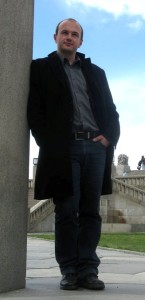
 There is a lot of alter-ego in this collection. The speaker invokes powerful characters like Achilles and Odysseus, and casts his obstacles as this personified, capital-I Inconvenience, or as a classical character, like the Cyclops. How did these metaphors arise, and what was it like to write with them in the collection?
There is a lot of alter-ego in this collection. The speaker invokes powerful characters like Achilles and Odysseus, and casts his obstacles as this personified, capital-I Inconvenience, or as a classical character, like the Cyclops. How did these metaphors arise, and what was it like to write with them in the collection?
